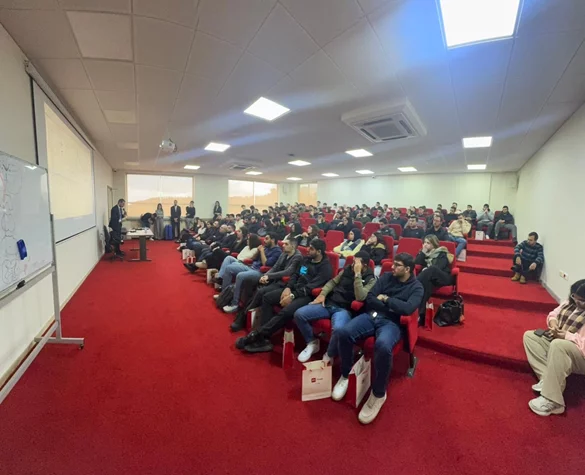Depression and anxiety are distinct from one another, while also overlapping. Depression can involve intrusive negative thoughts and pessimistic fears that overlap with worry and anxiety. Unremitting symptoms of anxiety and panic contribute to hopelessness and helplessness, leading one to feel trapped, without escape from emotional pain, increasing suicide risk. Depressive and anxiety disorders are common, account for a high level of distress and disability, and are widely recognized as being under-treated
Emotion Regulation and Resilient Coping
Emotion regulation strategies are key, and coping can be either positive or negative. Positive and negative emotion regulation strategies cross different conditions, and are therefore called "transdiagnostic." For example, we can use positive coping to deal with any clinical condition, whether it is depression, anxiety, diabetes, or any other issue. Coping goes beyond diagnosis as well, and relates to how we manage any stressor.
Adaptive coping is associated with greater resilience and a better long-term outlook. Adaptive coping includes taking a proactive approach to challenges, empowering oneself; relying on useful tools such as exercise, sleep hygiene, maintaining routines, and support systems; using positive psychology to reframe the situation; and avoiding ways of thinking that lead to nonconstructive behaviors. The capacity to intentionally use adaptive approaches varies, and may be severely impaired by the presence of more severe clinical conditions including anxiety and depression, as well as other factors such as external stressors and innate predisposition.
Repetitive Negative Thinking Versus Positive Appraisal
Researchers break emotion regulation strategies into two big buckets: "positive reappraisal" and "repetitive negative thinking"
We believe that greater use of positive reappraisal and reduced use of repetitive negative thinking is associated with better outcomes, and many therapeutic approaches seek to modify one or the other of these factors.
For example, cognitive-behavioral therapy focuses on directly identifying and modifying patterns of thought and action, psychodynamic therapy looks at how past patterns can repeat in the present to provide greater choice through self-understanding and new experiences in therapeutic relationships, and psychiatric medication management aims to directly modify symptoms, to name some basic approaches. Research is incomplete regarding which aspects of depression and anxiety are affected by positive reappraisal versus repetitive negative thinking.
They looked at how different symptoms of depression and anxiety clustered together into webs of inter-related symptoms. They correlated how those networks of symptoms related to different emotion regulation strategies. They studied how positive reappraisal and repetitive negative thinking did or did not go together when dealing with depression and anxiety.

















.webp)






